What Does 10,000HP Cost?
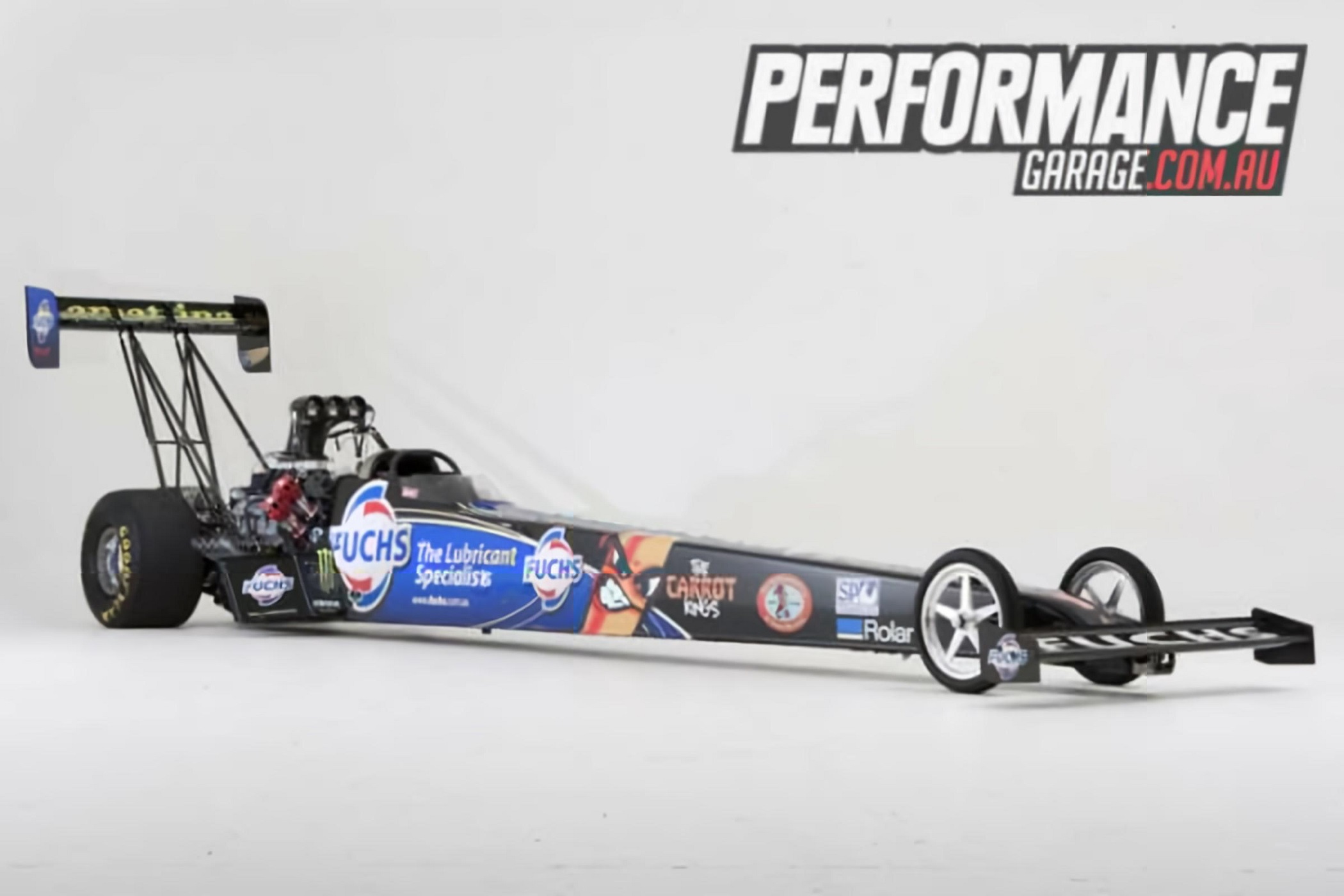
The story begins with some really cool math that was doing the rounds of the internet today. Seems some clever bloke analysed the timeslip and log from a top fuel car in the USA and determined that, yes, Top Fuel dragsters have surpassed the 10,000hp figure from their 500ci nitro-burning Hemi engines. Awesome!
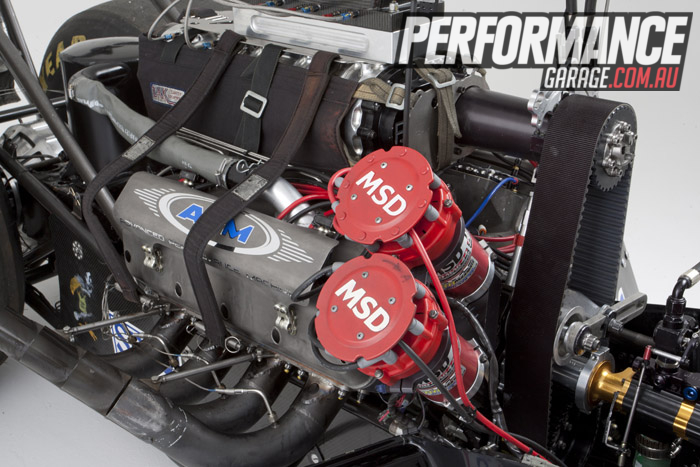
But this got us thinking; what does it cost to make a pass (or seven of them if you make the final), assuming everything's gone to plan? We spoke to Lamattina Top Fuel Racing crew chief and head tuner Aaron Hambridge to get the lowdown on what it takes to run 4.5sec passes at 540km/h and still have some engine left when you're done.
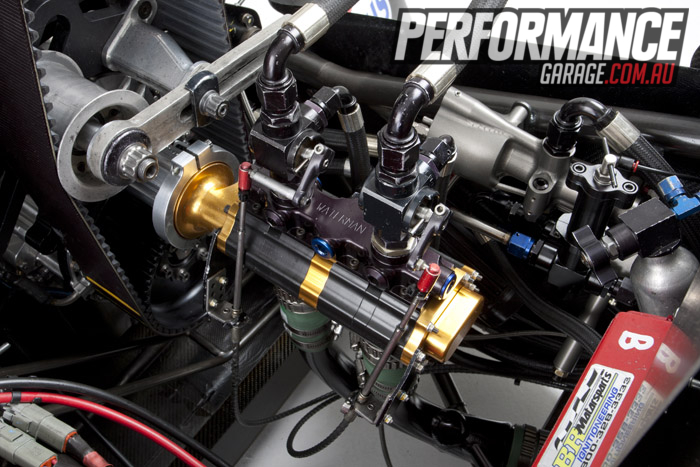
“We change conrod bearings every run, plugs every run, pistons last 2-3 runs, rings last 1-2 runs depending on how close you are to getting it right with the tune-up. At the Winternationals we went 4.60sec fine, 4.64sec throwing the belt off then 4.56 and scuffed 3 pistons. I got after it, ran too much boost and it went lean."
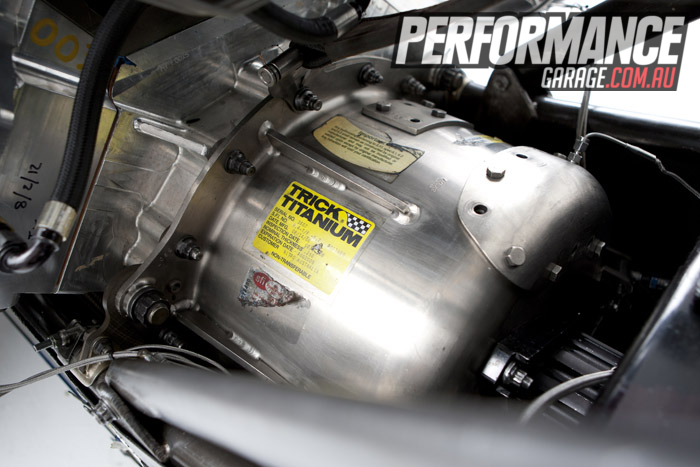
“Blower belts we change every run. In qualifying we use a belt with 1 run on it and on race day we use a new belt every run. Those race day belts become qualifying belts for the next meeting or test session. Clutch discs we get 2-3 runs (2 new and 3 used every run). The new ones become the used ones for the next clutch pack. The steel floaters that run between the clutch discs we use for 1 pass and then they go in the bin."
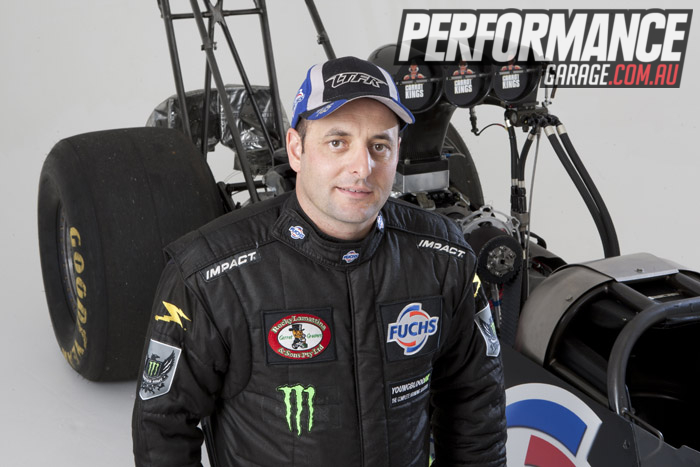
“We go through 60-80L of nitromethane per pass. Head gaskets last 2-3 runs max. After that they’re too squished from going on and coming off every run. We carry 300 gaskets in 0.001” increments from .050” - .100".
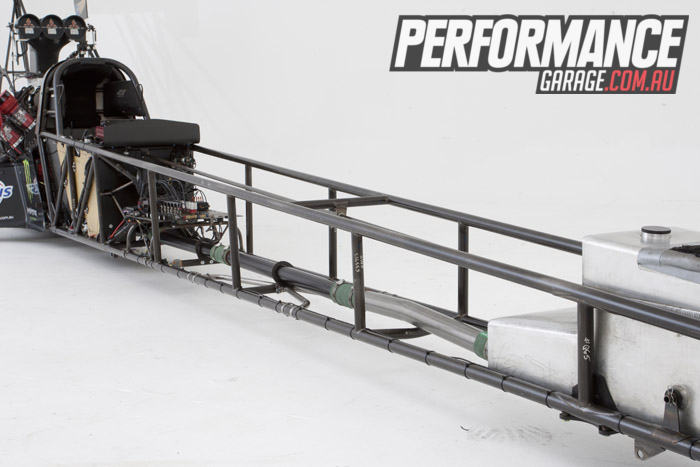
“Lifters we change every two years. They’re very expensive Jesel pieces. They’re measured every run though. Pushrods we use them for quite a while. We don’t usually burn them up. Sometimes you might wreck the cup from lack of oil but it’s very rare. They’re checked every pass though. The most laps we’ll put on a conrod is 12. We have thrown them out after 1 run before though.
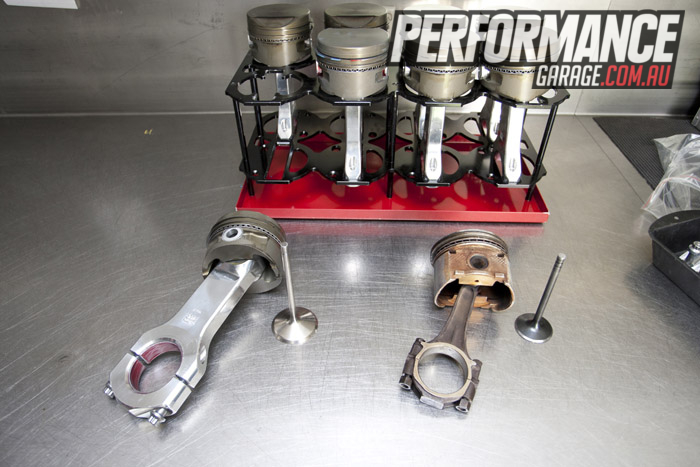
“We run 3 different piston heights in each engine to allow for variance in distribution. Piston height varies by about .030" -.040". We use 30L of oil every single pass. 10 litres for warm up that goes in the bin and then 20 litres for the pass. Caps and rotor buttons we change every 2-3 meetings as they burn out."
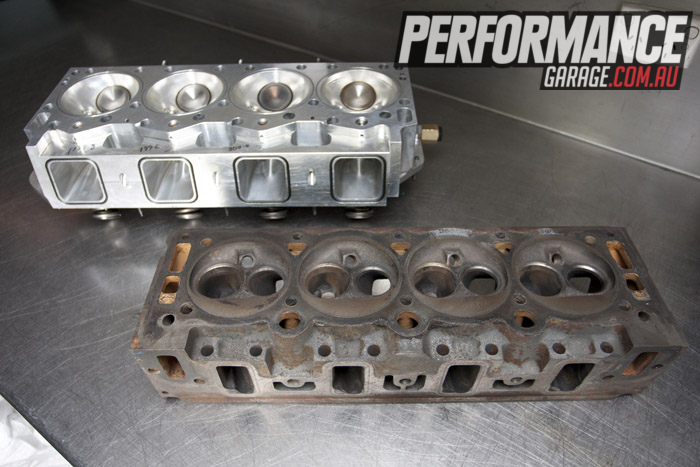
“Cranks go 8 runs max. They crack from the very first time you stand on it. We track the cracks to determine whether we can reuse them. They crack in the radius usually but depending on the location, size and type of crack you can keep using them. Valve springs last 6 runs. The inconel exhaust valves last 6 runs and they bend every run from heat. We straighten them every pass and if they straighten too easily they go in the bin. The titanium intake valves last 20-30 passes."
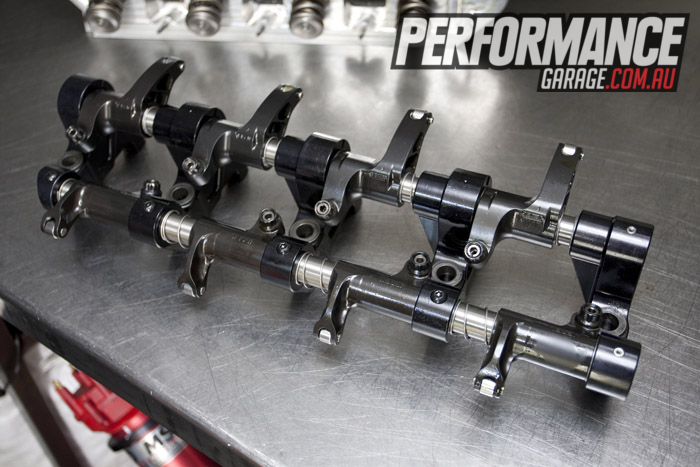
“Diff gears we get a long time out of, maybe 40-60 runs per set. Front tyres last one year. The front half of chassis lasts 100 runs and then it is cut off and front-halved. We only do that once then the whole chassis goes in the bin. 200 passes and that’s it."
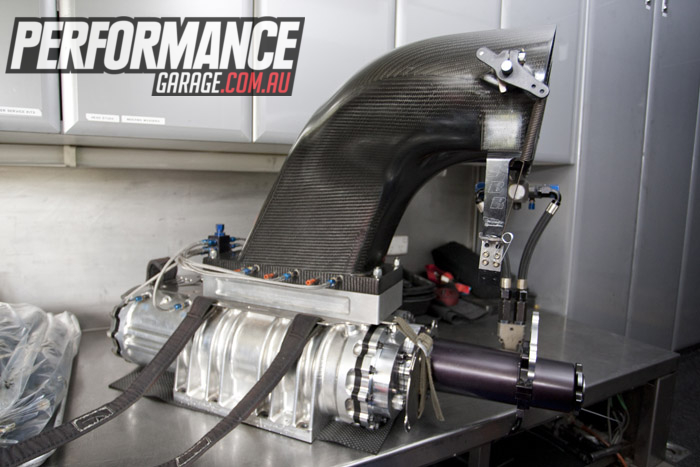
“The engine leaves the line at the it at about 8700rpm. They drop to about 6500rpm as the clutch takes up and then cross the finish line at about 8700rpm if everything’s gone to plan. Typically if a cylinder goes out and the engine blows up it’s not because of a hydraulic lock. The cam is still opening the exhaust valve and pumping raw fuel out but because that cylinder is no longer scavenging the boost goes up by 2-3psi, you run lean and the whole thing goes bang."
So what's that all add up to? Check this out. If everything goes to plan and the car goes from A to B without doing any unexpected damage, each pass down the quarter mile costs a staggering $15,000!
Comments
No posts found










